The DIACC is pleased to publish the first iteration of the Directory of Products That Assess Identification Documents & Verify Identity. This Directory is designed to provide an overview of providers’ solutions which use government issued photo identification cards, combined with biometric facial scans, to establish Digital Identity.
Research and publish the best content.
Get Started for FREE
Sign up with Facebook Sign up with X
I don't have a Facebook or a X account
Already have an account: Login
Get weekly or monthly digest of all posts in your inbox: https://fmcs.digital/wim-subscribe
Curated by
Farid Mheir
 Your new post is loading... Your new post is loading...
|

Curated by Farid Mheir
Get every post weekly in your inbox by registering here: http://fmcs.digital/newsletter-signup/
|




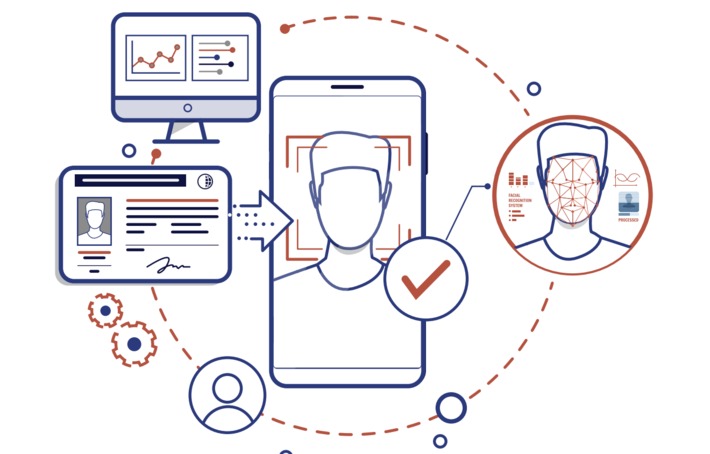


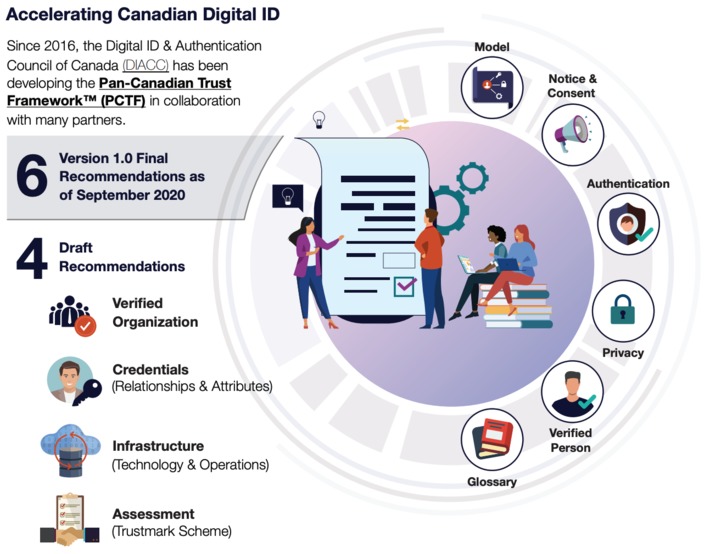
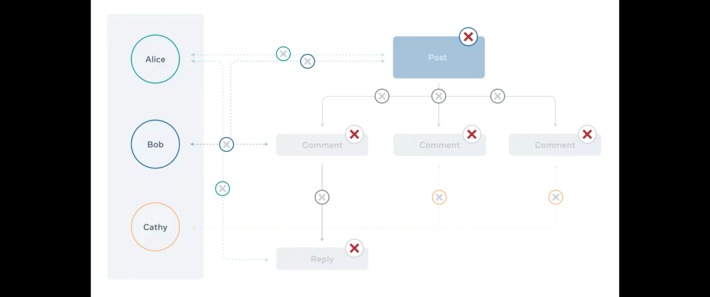
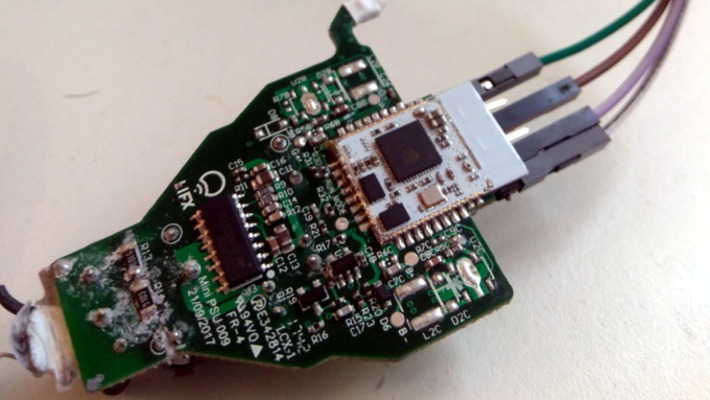
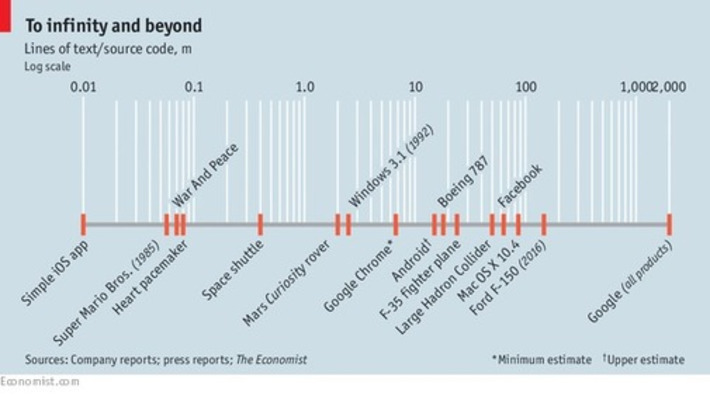









WHY IT MATTERS: I missed that one when it was published last year. The document lists and compares tens of solutions and provides great overview of their characteristics. A great starting point.